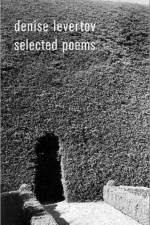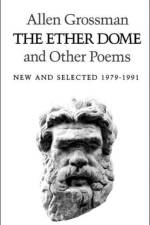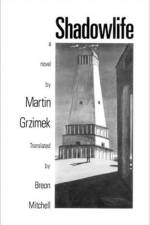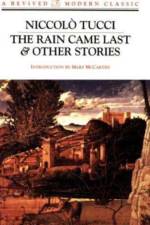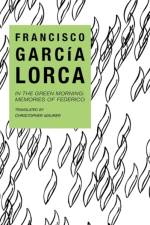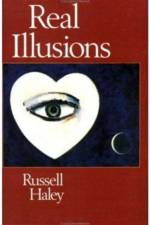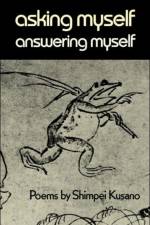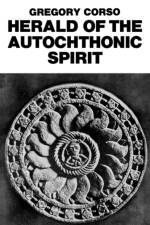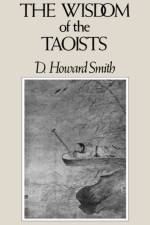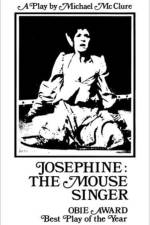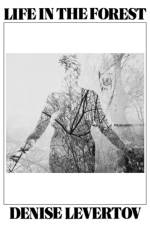av Shimpei (New Directions) Kusano
185
Born in 1903, Shimpei Kusano has long been among Japan's best-loved poets. Asking Myself/ Answering Myself introduces him to a wide American audience, with selections from over half a century of his work, in translation by Cid Corman. There is scarcely a child (or an adult) in Japan unfamiliar with Kusano's frogs. Their trills, transcribed and fancifully translated by the poet into frog soliloquies, dirges ("Lululu's Funeral" to be accompanied by Chopin's "Funeral March"), and celebrations are, says Corman, "figures of nature--in its largest sense--and of absolute innocence ... . They mock our pretentions but share them too--gently." Witty, lyrical, vigorous, Kusano is a poet of praise--for the savor of snake-liver sake or crunchy raw potatoes, the hissing night sea, a changing sky: "O half a sun now./ mightiest member of the universe./blind my two upstanding eyes with a whack of light." Kusano has traveled widely, and Cantonese as well as the English he studied during his years in China still find their way into his poems. In 1935, he and friends founded Rekitei ("Historical Process"), a monthly magazine out of which grew a poetry group with over a thousand members--now the largest in Japan. Head and heart of the Rekitei group, Shimpei Kusano is still writing, giving readings, and promoting other poets as well as haunting Gaku ("School"), his famous little bar in downtown Tokyo.



